Dr. Erica Groshen shares details of her latest research (performed with Michael W. Horrigan and Christopher Kurz), which explores the current state of productivity measures in the United States. The Senior Economics Advisor at the Cornell University School of Industrial and Labor Relations discusses opportunities and challenges in using nonstandard data and outline promising efforts for tapping into these data.
Stanford Digital Economy Lab Director Erik Brynjolfsson talks with Sinan Aral, director of the MIT Initiative on the Digital Economy, about how social media is shaping information, behaviors, and society—including our elections.
Kevin Roose, award-winning technology columnist for The New York Times and New York Times bestselling author, joined us to discuss his latest work, Futureproof: 9 Rules for Humans in the Age of Automation.
In the book, Roose lays out a hopeful, pragmatic vision of how humans can thrive in the machine age. He shares the secrets of people and organizations that have survived technological change, and explains how we can protect our own futures. Roose rejects the conventional wisdom that in order to succeed in the age of intelligent machines, we have to become more like computers–hyper-efficient, data-driven workhorses. Instead, he says, we should focus on being more human, and doing the kinds of creative, inspiring, and meaningful things even the most advanced AI can’t do.
The event was co-hosted by the Stanford Institute for Human-Centered Artificial Intelligence (HAI) and the McCoy Center for Ethics in Society.
Xavier Gabaix joined us on April 5, 2021, for his seminar, “Power Laws in Economics.” The Pershing Square Professor of Economics and Finance at Harvard’s economics department shared recent and past research about power laws in economics and speculated on how these laws apply specifically to the digital economy.
The AI & The Future of Work Conference assembled a roster of visionary researchers, executives, and policy experts to examine and discuss the profound impact of AI and digital technologies on productivity, business, and policy.
Stanford Digital Economy Lab Director Erik Brynjolfsson talks with Reid Hoffman and James Manyika about how the digital economy is transforming the future of work.
Panelists Condoleezza Rice, Mary Kay Henry, Susan Athey, and Mark Duggan discuss policy challenges surrounding AI and the digital economy. Moderated by Gillian Tett.
Rhode Island Governor Gina Raimondo and Stanford HAI Co-Director Fei-Fei Li talk about equality and the future of work in the digital economy.
Stanford University Professor Oussama Khatib and Rana el Kaliouby, CEO of Affectiva, discuss the future of human-robot collaboration.
Stanford Digital Economy Lab Director Erik Brynjolfsson talks with Eric Schmidt, co-founder of Schmidt Futures and former executive chairman and CEO of Google.
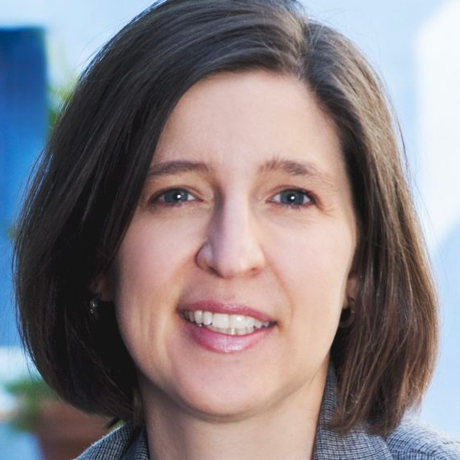
@Susan_Athey
The Economics of Technology Professor, Graduate School of Business, Stanford University; Faculty Associate Director, HAI, Director of the Golub Capital Social Impact Lab
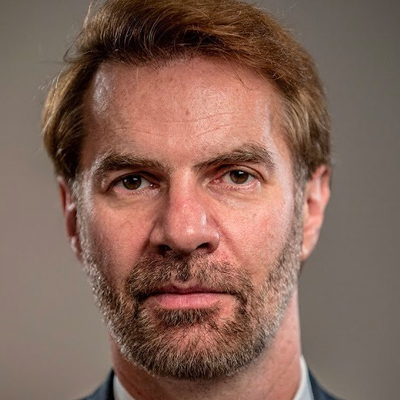
@erikbryn
Director of the Digital Economy Lab; Senior Fellow, HAI; Ralph Landau Senior Fellow at the Stanford Institute for Economic Policy Research
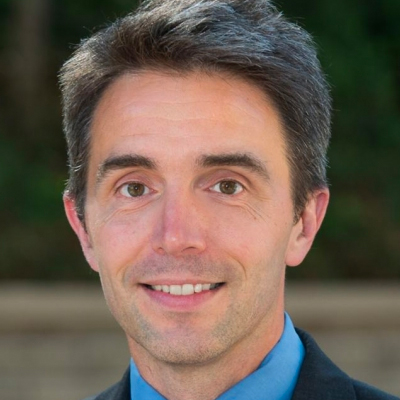
The Trione Director and Senior Fellow, SIEPR; The Wayne and Jodi Cooperman Professor, Department of Economics, Stanford University

@kaliouby
CEO & Co-Founder, Affectiva

@MaryKayHenry
International President, Service Employees International Union
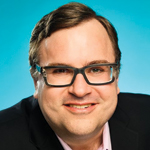
@reidhoffman
Partner, Greylock Ventures; Co-Founder, LinkedIn
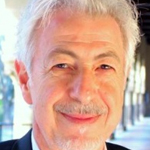
Professor, Department of Computer Science, Stanford University; Director of Stanford Robotics Lab
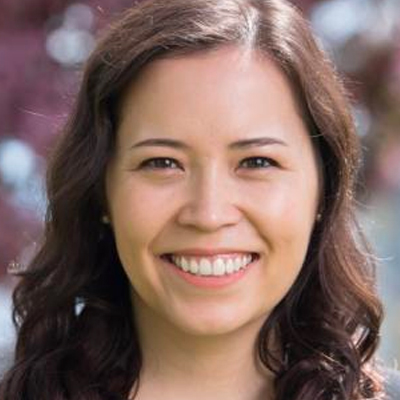
Conference MC
Executive Director, Stanford Digital Economy Lab

@drfeifei
Sequoia Professor, Computer Science Department; Denning Co-Director, HAI
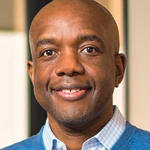
Senior Partner, McKinsey & Company and Chairman of the McKinsey Global Institute
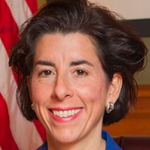
@SecRaimondo
Secretary of Commerce. Former Governor of Rhode Island
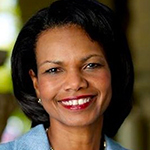
@CondoleezzaRice
Tad and Dianne Taube Director and Senior Fellow, Hoover Institution
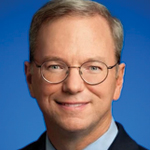
@ericschmidt
Former Executive Chairman and CEO, Google; Co-Founder, Schmidt Futures
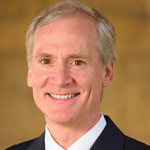
President, Stanford University
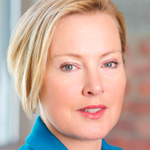
@gilliantett
Chair of Editorial Board and Editor-At-Large, US, Financial Times
On November 30, 2020, Professor Einav shared findings from recent research that examined consumer benefits due to the rise in online shopping. The study leveraged an extensive dataset of consumer purchases from Visa credit and debit card transactions between 2007 and 2017.
E-commerce represents a rapidly growing share of consumer spending in the United States. We use transaction-level data on credit and debit cards from Visa, Inc. between 2007 and 2017 to quantify the resulting consumer surplus. We estimate that e-commerce spending reached 8% of consumption by 2017, yielding consumers the equivalent of a 1% permanent boost to their consumption, or over $1,000 per household per year. While some of the gains arose from avoiding travel costs of buying from local merchants, most of the gains stemmed from substituting to merchants available online but not locally. Higher income cardholders gained more, as did consumers in more densely populated counties.
Liran Einav is a professor of economics at Stanford University and a research associate in the National Bureau of Economic Research, where he is directing the Industrial Organization Program.
Einav’s areas of specialization are industrial organization and applied microeconomics. An important strand of his work is focused on insurance markets, including the development of empirical models of insurance demand and pricing, and empirical analyses of the implications of adverse selection and moral hazard. Much of Einav’s current work is focused on healthcare markets.
Einav also studied consumer behavior and the pricing of subprime auto loans, competition in the motion picture industry, strategic commitment, and peer-to-peer internet markets. Einav is currently a co-editor at the American Economic Review, after serving as a co-editor at Econometrica and AEJ Applied.
Einav received his undergraduate degree in computer science and economics from Tel Aviv University (Israel) in 1997, and his PhD in economics from Harvard University in 2002.